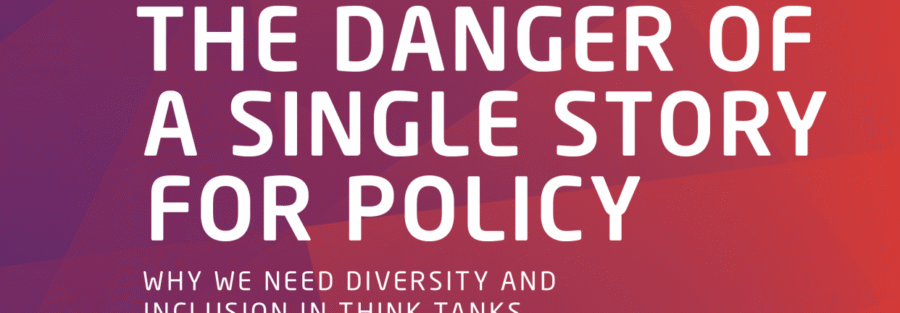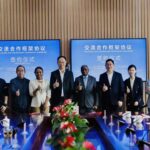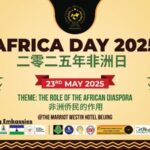The Daily Guide Newspaper – Ghana
Africa’s relationship with China has become a key factor in the international system, with trade between the two regions growing exponentially over the last two decades. However, the stories told about this relationship often reflect more about the tellers than the truth itself. The problem, as Nigerian author Chimamanda Ngozi Adichie once put it, lies in “the danger of a single story.”
One Story, Many Misconceptions
Mainstream global narratives frequently paint China as a neo-colonial power exploiting Africa’s resources for its gain. While concerns about debt, transparency, and environmental impact deserve discussion, such a one-sided portrayal oversimplifies a complex and evolving partnership. It ignores African agency, the continent’s strategic choices, and the multifaceted nature of cooperation.
Africa is not a passive actor in this relationship—it is an active participant shaping its future through trade, technology transfer, and cultural diplomacy. Many African nations are negotiating partnerships that align with their national development agendas, not simply following China’s lead.
The Rise of Mutual Interests
China’s engagement with Africa through platforms like the Forum on China–Africa Cooperation (FOCAC) and the Belt and Road Initiative (BRI) is largely driven by shared goals: infrastructure development, industrial growth, and sustainable progress.
For instance, China’s support for roads, railways, and energy projects across the continent has improved connectivity and access to markets. African governments, in turn, have leveraged these projects to stimulate local industries and attract additional foreign investment.
This evolving relationship demonstrates mutual interests, not unilateral exploitation. Both sides see value in cooperation that advances growth, peace, and technological innovation.
Western Narratives and the Lens of Bias
Many Western media outlets often frame China’s presence in Africa as a threat—warning of “debt traps” and “hidden agendas.” Yet, similar scrutiny is rarely applied to Western nations’ decades-long influence on the continent. This selective lens reflects geopolitical competition more than genuine concern for African welfare.
By perpetuating this single story, such narratives undermine Africa’s sovereignty, portraying it as incapable of choosing its partners wisely. In truth, African nations are engaging China on their own terms, balancing diverse partnerships to meet developmental priorities.
The Role of African Voices
It is time for Africans to reshape the discourse. Think tanks, scholars, journalists, and cultural institutions must amplify narratives that highlight agency, context, and collaboration.
The story of China–Africa relations is not one of dependence, but of strategic partnership, learning, and shared opportunity.
By telling our own stories, Africa can reclaim its narrative power—showcasing how collaboration with China has opened pathways in education, technology, and industrialization.
Conclusion
The “danger of a single story” lies in its ability to distort perception and define relationships through stereotypes. China–Africa relations cannot be reduced to a simple tale of dominance or dependency; it is a dynamic partnership built on dialogue, adaptation, and shared vision.
As global attention turns increasingly toward the Global South, it becomes essential for Africa to own its narrative—to tell balanced stories that reflect not just challenges, but achievements and aspirations as well.
The future of China–Africa relations will not be written by outsiders, but by Africans and Chinese working together to build a more connected, equitable, and sustainable world





